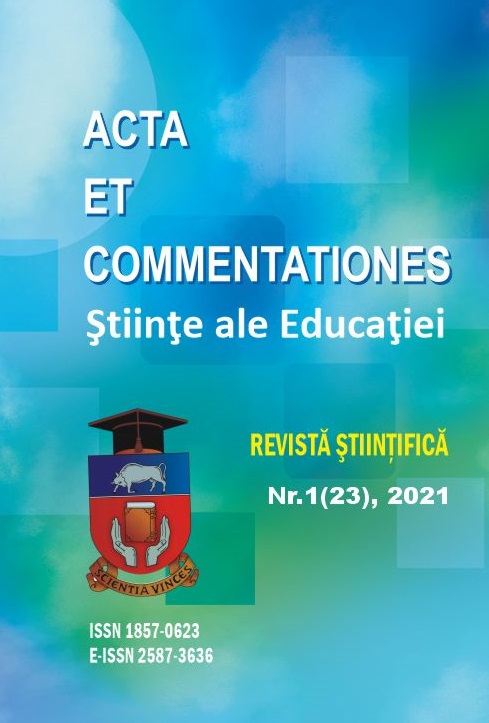Abstract
The article deals with the problem of using a language game as a means of generating motivation to learn the Russian language by Uzbek students. Adoption of a language game in the learning process of Russian as non-native language has its own specificity. Such specificity is characterized with dominance of the native language, which is manifested in the sociolinguistic situation of contacting native and non-native (Russian) language. Adoption of sound, lexico-semantic, semantic-stylistic and other types of language game into the educational process generates great interest among students. Thus motivation and the performing culture of the process of using the material of the Russian language are increased, both in oral and in written language. The article briefly describes the varieties of the language game, its division into two large groups (language game, linguistic game), features of linguistic game models of the Russian language for the Turkic-speaking audience and the method of their implementation into the educational process. Implementation of a language or linguistic game model into the learning process of a non-native audience should be carried out taking into account the level of knowledge of the Russian language by students, the topic of the lesson, the future professional activity of students; the nature of the teaching and speech situation.

This work is licensed under a Creative Commons Attribution-NonCommercial 4.0 International License.
